How to Grow Maximal Muscle Whilst Gaining Minimal Fat
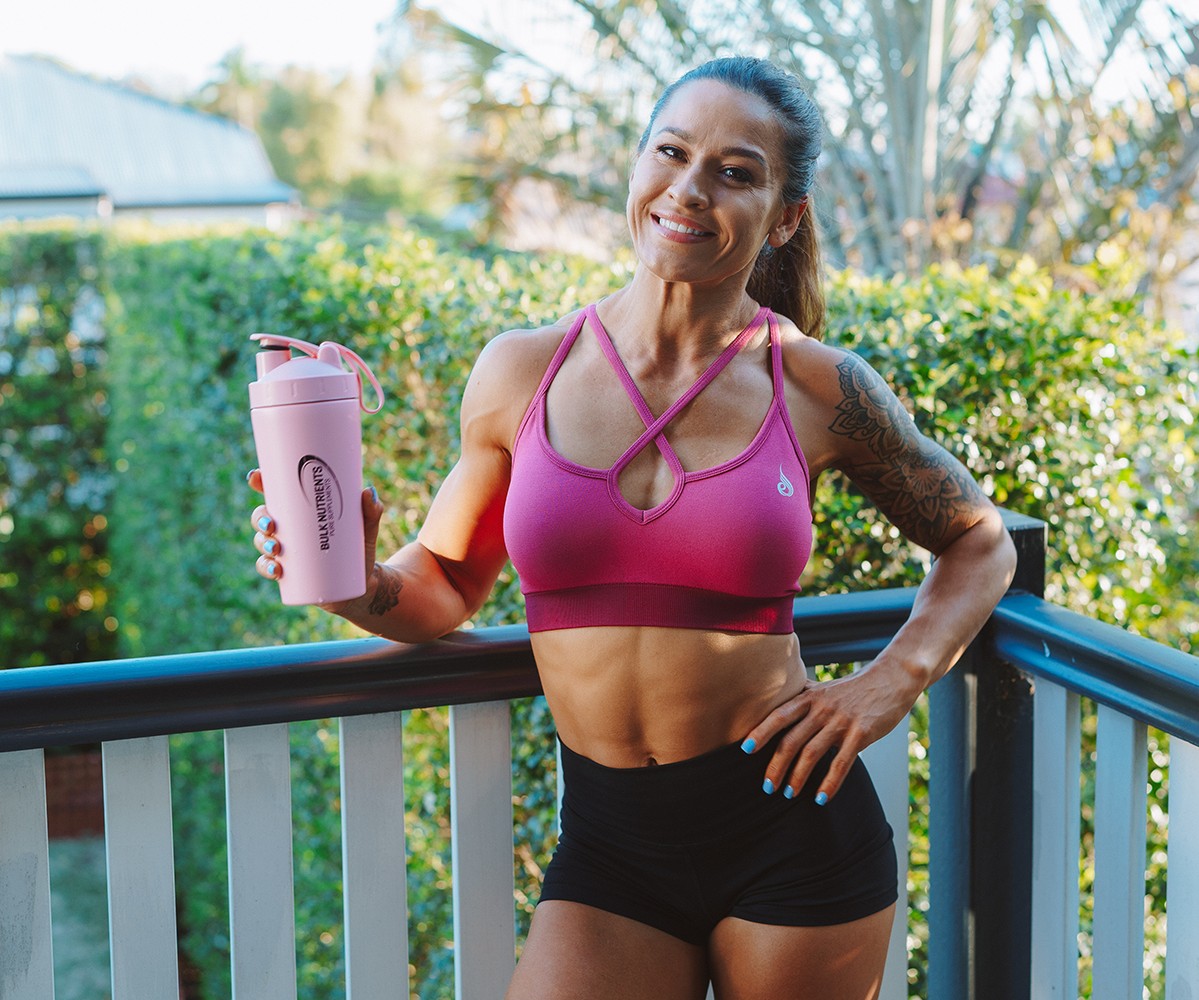
Growing muscle and not fat
The first reality of natural muscle growth is that you must be in a calorie surplus to grow it.
The meals we eat following resistance training work towards our levels of protein synthesis.
When our levels of protein synthesis are greater than our levels of protein breakdown (more muscle proteins are built compared to what's been broken down) muscle growth occurs. Researchers call this "positive protein balance," and that's what happens when we eat in a calorie surplus.
So, we know we need to be in a calorie surplus, but just how much?
Well, a recent study gave us many clues, whereby 39 trained individuals were split into two groups:
Group one: Ate a small calorie surplus
Group two: Ate a large surplus.
The big lesson was the group that maintained a small calorie surplus gained the same amount of muscle mass as group two, which had 600 calories more a day!
So, a big surplus doesn't mean bigger gains; we only need a small surplus for muscle growth.
But I think if we're all honest, from time to time, we've consumed more calories than we need for a certain period and passed up the silly excuse "I'm bulking!" Moreover, a lot of advice from gym rats has always been to "eat big to get big!", so who can really blame us?
So, just how small does our calories surplus need to be for muscle growth?
The best calorie surplus for muscle growth and limited fat gains
With these findings in mind, it's recommended by researchers to eat in a 200-300 surplus of calories per day.
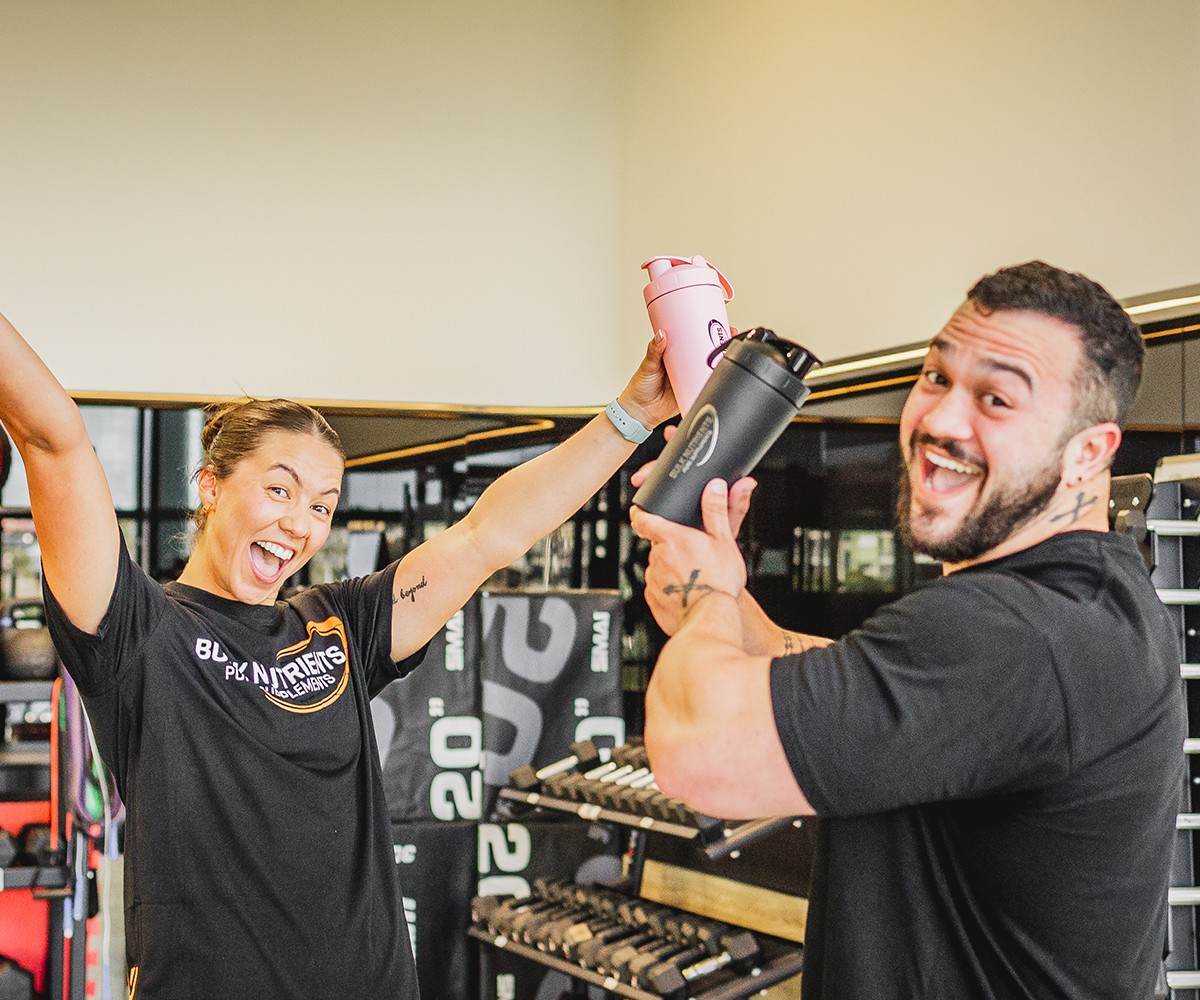
If you're new to training, eat on the upper end of this, as you're able to grow more muscle in the early stages of your muscle-building journey. For those of you who have been training for 3 years plus, a 150-200 calorie surplus might be all you need.
This is to ensure minimal fat gains and maximal muscle growth.
But the important thing is to monitor your results using DEXA scans and other methods to ensure that more muscle growth is happening.
If you're stagnating, or worse going nowhere at all, you might need more calories.
This is due to your higher level of NEAT -- non-exercise activity thermogenesis. This is the number of calories you burn tapping your foot, knee, hand, walking to the bus stop, etc.
And this point is critical. You might eat in this surplus and gain NO muscle because you simply burn off the excess calories. Some people have a hard time staying in a surplus because their body works to get rid of the excess calories consumed.
This study paints the picture perfectly: 16 subjects (4 females and 12 males) were overfed 1000 calories for 8 weeks. And the biggest eye-opening finding was how they all gained vastly different amounts of weight.
The difference in fat gained between them all was huge: 0.36kg to 4.23kgs!
One subject's NEAT ended up being so high, they torched 700 calories of the 1000 calorie surplus!
So, if you're more of a lean type, that seems to miraculously burn calories and never gain weight, chances are you have a high level of NEAT.
Essentially, this is why monitoring your results is so critical; you could be eating in a surplus but not gaining any muscle mass due to your level of NEAT.
What to eat when you're hungry
The other way to avoid unwanted fat gains is to consume lean protein, particularly whey protein powder when hunger strikes.
This study overfed subjects by 800 calories with whey protein powder. And none of them gained weight.
This was again because of NEAT, but also because protein has a thermic effect of 30%. This means you lose 30% of the calorie amount from the protein source you're consuming, by simply digesting it!
This is compared to fats 2-3% and carbohydrate's 6-8%. So, protein is naturally the best option here.
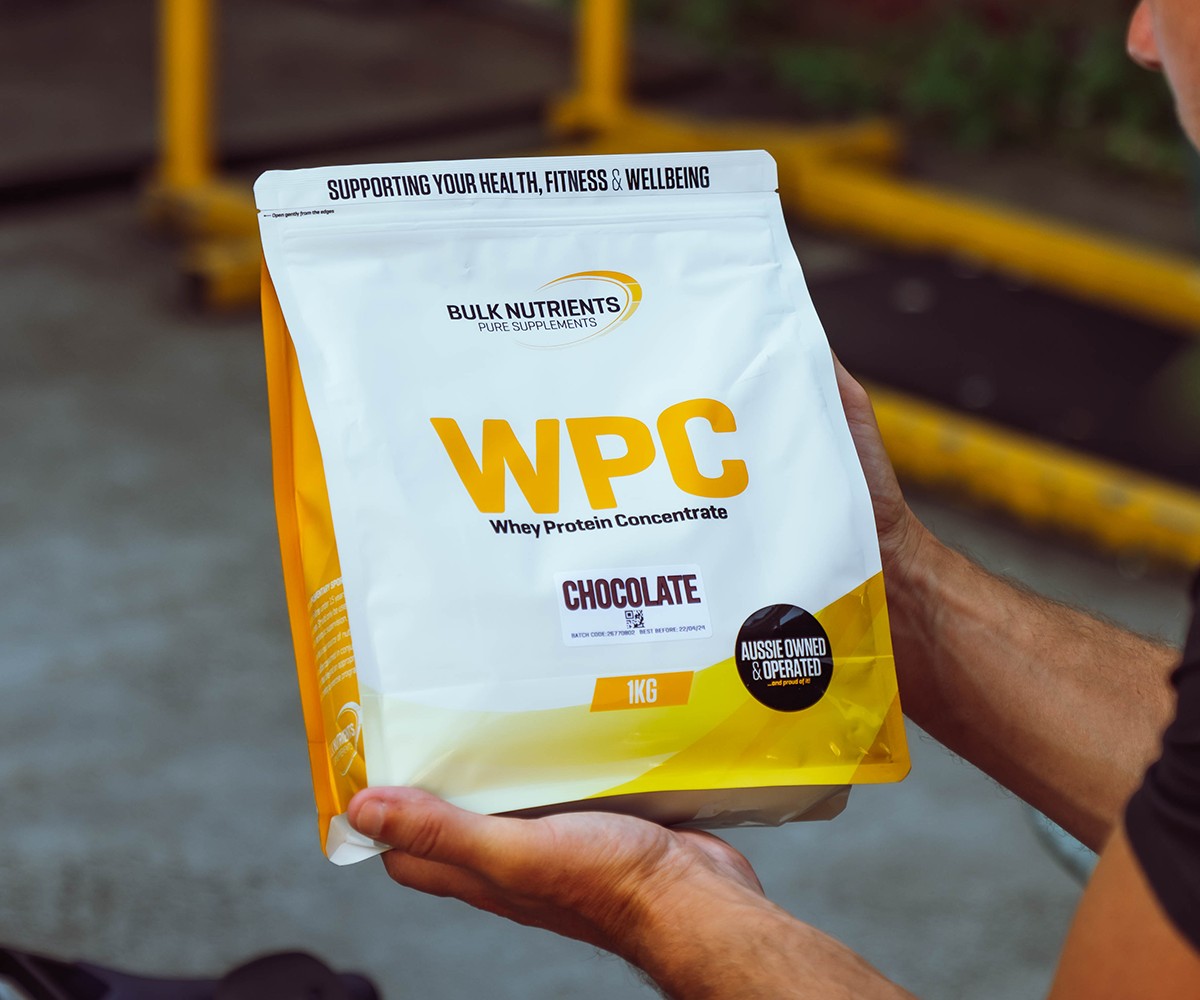
The bottom line is that we need a calorie surplus to grow muscle mass. This leads to "positive protein balance" which is when our levels of protein synthesis are greater than our levels of protein breakdown, and muscle growth can occur.
A larger calorie deficit doesn't mean more muscle gained; only more fat gained! We might need only 200-300 calories extra per day, with those in their first year of training needing the higher end, and those more experienced needing the lower end.
But track your muscle growth results carefully, your high level of NEAT might mean you're not in a surplus, and thus not growing any muscle. Consume lean protein (like whey) when you're hungry, as you're less likely to gain unwanted body fat this way.
References:
- Carbone JW, Pasiakos SM. Dietary Protein and Muscle Mass: Translating Science to Application and Health Benefit. Nutrients. 2019;11(5):1136. Published 2019 May 22. doi:10.3390/nu11051136
- Chung N, Park MY, Kim J, Park HY, Hwang H, Lee CH, Han JS, So J, Park J, Lim K. Non-exercise activity thermogenesis (NEAT): a component of total daily energy expenditure. J Exerc Nutrition Biochem. 2018 Jun 30;22(2):23-30. doi: 10.20463/jenb.2018.0013. PMID: 30149423; PMCID: PMC6058072.
- Garthe I, Raastad T, Refsnes PE, Sundgot-Borgen J. Effect of nutritional intervention on body composition and performance in elite athletes. Eur J Sport Sci. 2013;13(3):295-303. doi: 10.1080/17461391.2011.643923. Epub 2012 Mar 1. PMID: 23679146.
- Grandjean A. Nutritional requirements to increase lean mass. Clin Sports Med. (1999) 18:623–32. 10.1016/S0278-5919(05)70172-1
- Leaf A, Antonio J. The Effects of Overfeeding on Body Composition: The Role of Macronutrient Composition - A Narrative Review. Int J Exerc Sci. 2017;10(8):1275-1296. Published 2017 Dec 1.
- Levine JA, Eberhardt NL, Jensen MD. Role of nonexercise activity thermogenesis in resistance to fat gain in humans. Science. 1999 Jan 8;283(5399):212-4. doi: 10.1126/science.283.5399.212. PMID: 9880251.
- Tipton KD, Wolfe RR. Exercise, protein metabolism, and muscle growth. Int J Sport Nutr Exerc Metab. 2001 Mar;11(1):109-32. doi: 10.1123/ijsnem.11.1.109. PMID: 11255140.
- Westerterp KR. Diet induced thermogenesis. Nutr Metab (Lond). 2004 Aug 18;1(1):5. doi: 10.1186/1743-7075-1-5. PMID: 15507147; PMCID: PMC524030.
Related Blogs
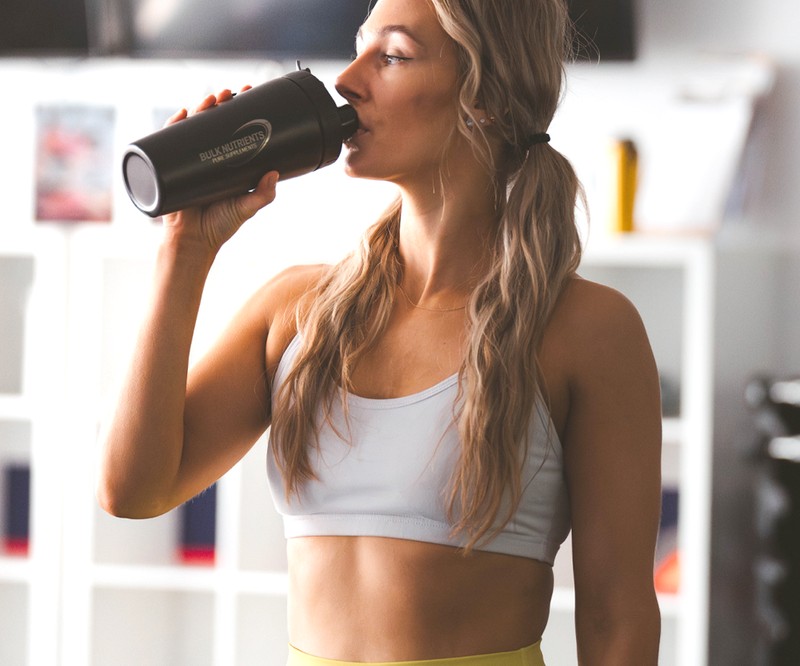
How Does Alcohol Affect My Muscle Growth Goals?
Posted by Bulk Nutrients
Estimated reading time: 5 minutes
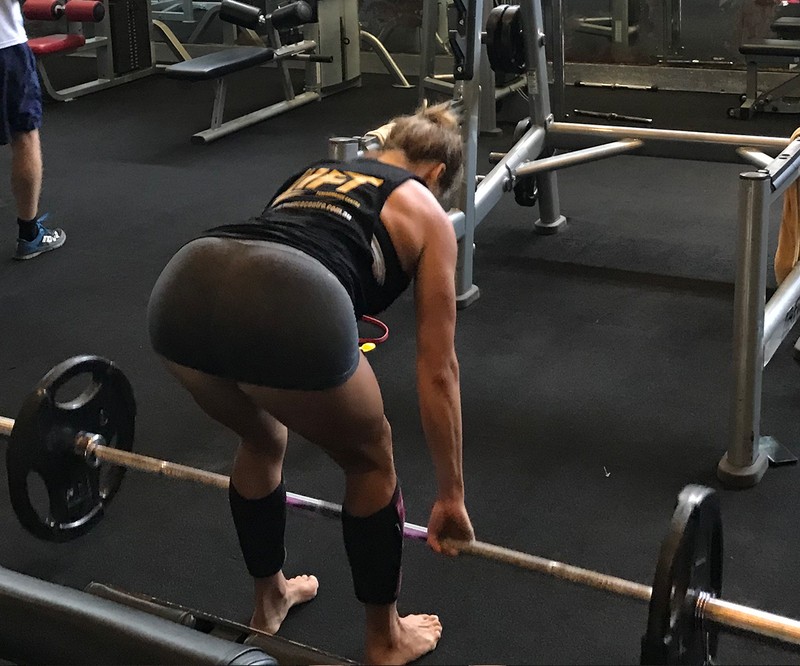
Three Cues to Perfect Your Deadlift
Posted by Ella Martyn
Estimated reading time: 1 minute

Is the “Clean Bulk” a Myth or Can It Actually Be Achieved?
Posted by Bulk Nutrients
Estimated reading time: 5 minutes














































